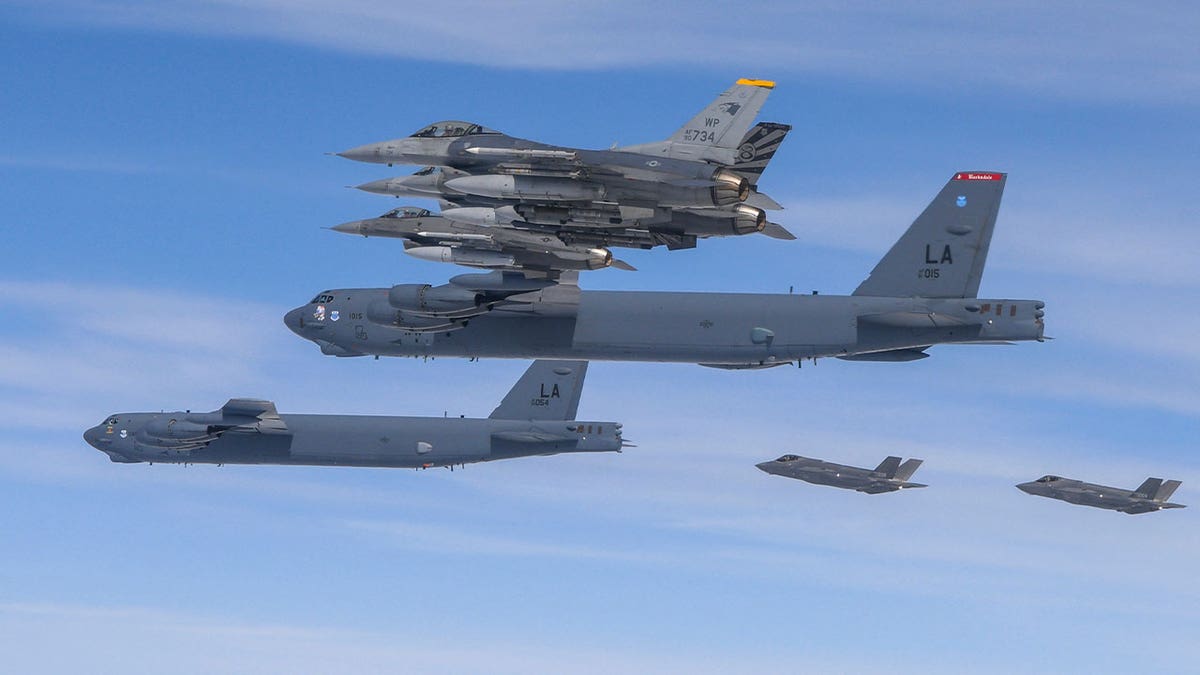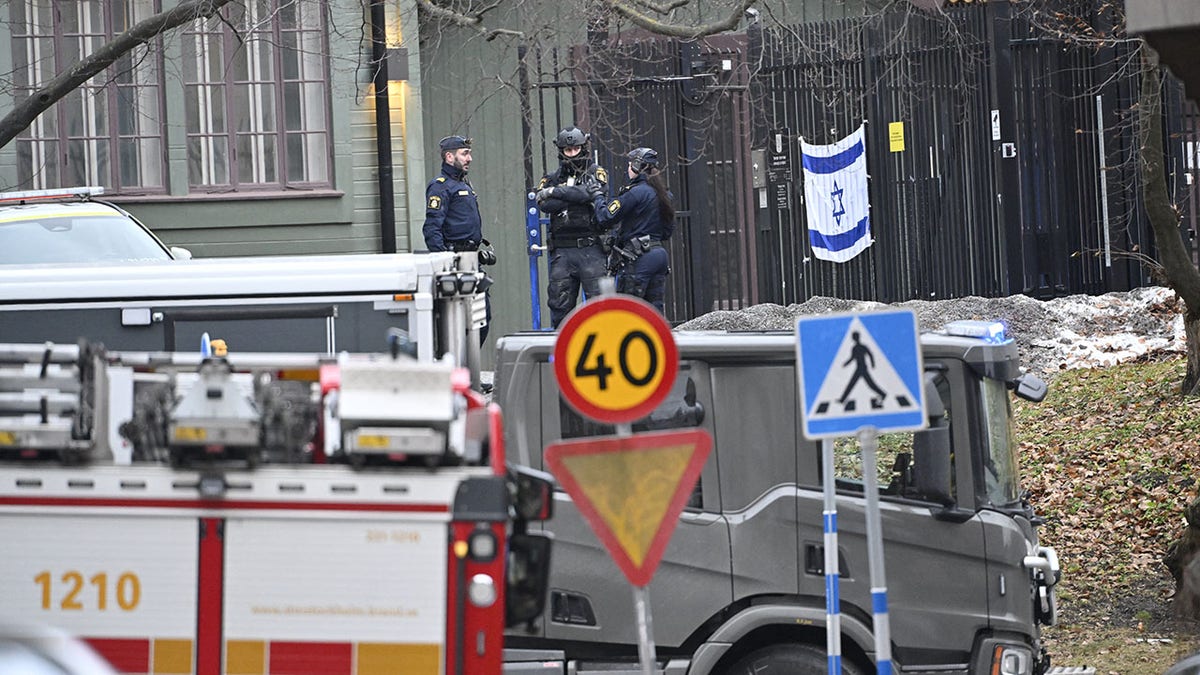In a clear demonstration of force against North Korea, the United States dispatched nuclear-capable B-52 bombers to the Korean Peninsula on Friday. This move follows recent large-scale anti-U.S. rallies in Pyongyang and underscores the ongoing tensions in the region.
The B-52 bombers participated in joint air exercises with US and South Korean fighter jets, according to a statement from South Korea's Ministry of Defense. This deployment is the latest in a series of strategic asset deployments by the US in response to North Korea's expanding nuclear weapons program. Just two weeks prior, the US sent the nuclear-powered submarine USS Michigan to South Korean waters, marking the first such deployment in six years. This submarine is capable of carrying approximately 150 Tomahawk missiles and arrived just a day after North Korea resumed missile testing in protest against previous US-South Korean military drills.
South Korea's Defense Ministry emphasized that the presence of the B-52 bombers reinforces the visibility of American strategic assets in the region. They affirmed the allies' shared commitment to bolstering their combined defense posture and continuing joint exercises involving US strategic bombers.
The deployment comes on the heels of mass rallies in Pyongyang, where over 120,000 North Koreans commemorated the 73rd anniversary of the Korean War's beginning. During these rallies, officials and citizens issued strong warnings of "merciless revenge" against the United States, accusing the country of orchestrating an invasion plot.

With the Korean War concluding in an armistice rather than a peace treaty, the peninsula technically remains in a state of war. The US maintains approximately 28,000 troops in South Korea as a deterrent against potential North Korean aggression. While North Korea hasn't conducted further weapons tests since launching two short-range ballistic missiles on June 15th, the deployment of US bombers could provoke a renewed response.
The increased visibility of American strategic assets on the Korean Peninsula reflects agreements made between President Biden and South Korean President Yoon Suk Yeol during their April summit in Washington. President Biden firmly stated that any North Korean nuclear attack on the US or its allies would lead to the demise of the regime responsible. North Korea has conducted over 100 missile tests since the start of 2022, aiming to expand its nuclear missile arsenal targeting both the US mainland and South Korea. The allies have countered these actions by increasing their joint military exercises.
Following the failed launch of its first spy satellite in late May, which plunged into the ocean shortly after liftoff, North Korea has declared its intention to attempt a second launch. They assert the necessity of a space-based surveillance system to counter perceived US hostility.








